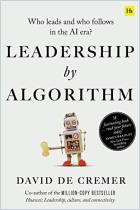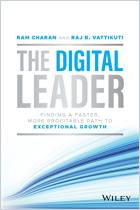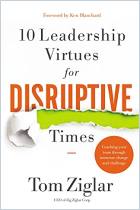
How Leaders Delude Themselves About Disruption
We’ve known for decades what causes disruption. So why are companies still allowing themselves to be vulnerable? The answer starts at the top.
Read or listen offline
Recommendation
Clayton Christensen developed his theory of disruptive innovation in the mid-1990s. Although most executives will be familiar with it, few organizations have transformed to become capable of navigating it. Scott D. Anthony is a senior partner at growth strategy consultancy Innosight, and Michael Putz is a strategy and business development executive. In this insightful article for MIT Sloan Management Review’s special collection on disruption in 2020, Anthony and Putz pinpoint why leaders have lagged in preparing their organizations to meet disruption, and offer a surprising key to moving forward.
Take-Aways
About the Authors
Scott D. Anthony is a senior partner at growth strategy consultancy Innosight and co-author of Dual Transformation: How to Reposition Today’s Business While Creating the Future. Michael Putz is a strategy and business development executive with two decades of experience driving growth through disruptive innovation and business transformation.



















Comment on this summary or Diskussion beginnen